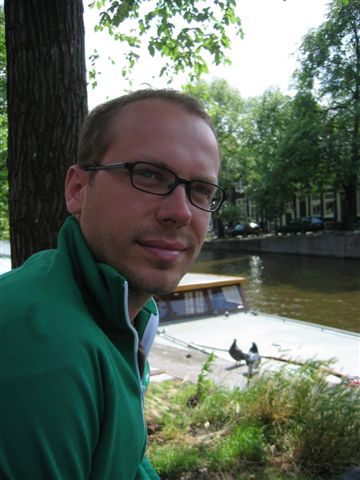Reflections on speed
I am now spending a 4 week summer holiday and have tried (at least) temporarily to make some adjustments to my everyday practices. I have tried to put focus on doing things thoroughly (not always quickly), and have engaged in basic practices that represent a kind of opposite to the hassle of work life and technology; basic things as wood work, handicrafts, preparing food from basic ingredients, watching plants grow, reading thick books. That is probably what most Finns do during their holidays, but nevertheless it made me reflect on the “normal” life that is very different and supposedly more efficient. Is speed really important?
I saw yesterday a historical documentary in TV about autobahns in Germany. The commentator said something like “progress requires fastness”. This commented related to problems the Germans had with people driving rather to slow than to fast on autobahns, and this creating problem for other drivers. Basically, autobahns were a means for increasing the speed of the whole country both concerning trade and warfare. In the beginning, citizens were not able to keep up with the speed. Highways, technology, fast food, fast internet and many other technological innovations has increased the speed of our lives (the lives of those people that engage in these fast practices – many people are not).

